The ’90s Crime Thriller That Tried To Be Another Pulp Fiction
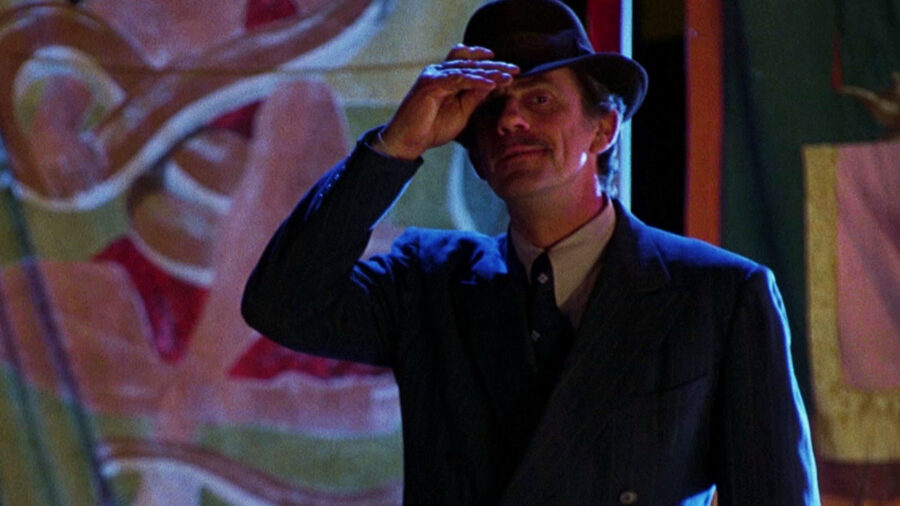
There’s nothing quite like a movie that’s Pulp Fiction adjacent but still takes on a life of its own. Things to Do in Denver When You’re Dead (currently streaming on Paramount+) is one of those films that takes a page from the Quentin Tarantino playbook but is still a solid crime film in its own right. Though this film was a critical and commercial failure upon its release, audiences still love it for its dark humor and insane premise.
Things to Do in Denver When You’re Dead follows the beats of your classic “one last job” storyline. When Jimmy “The Saint” Tosnia (Andy Garcia) is asked by a crime boss named The Man With The Plan (Christopher Walken) to come out of retirement, the last job goes terribly wrong. And the last job in question was incredibly simple.
The Man With The Plan tasks Jimmy and his crew with intimidating Meg, the ex-girlfriend of his son, Bernard, into rekindling their relationship. Bernard was arrested for child molestation, and The Man With The Plan thinks that if he can get them back together, then Bernard will be cured of his pedophilia. But Things to Do in Denver When You’re Dead quickly shifts the narrative when Jimmy and his men accidentally kill Meg and Bernard.
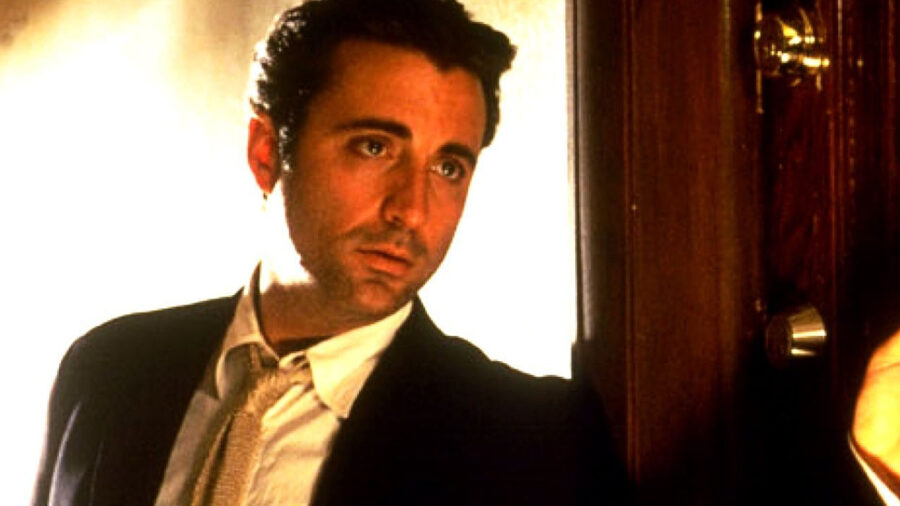
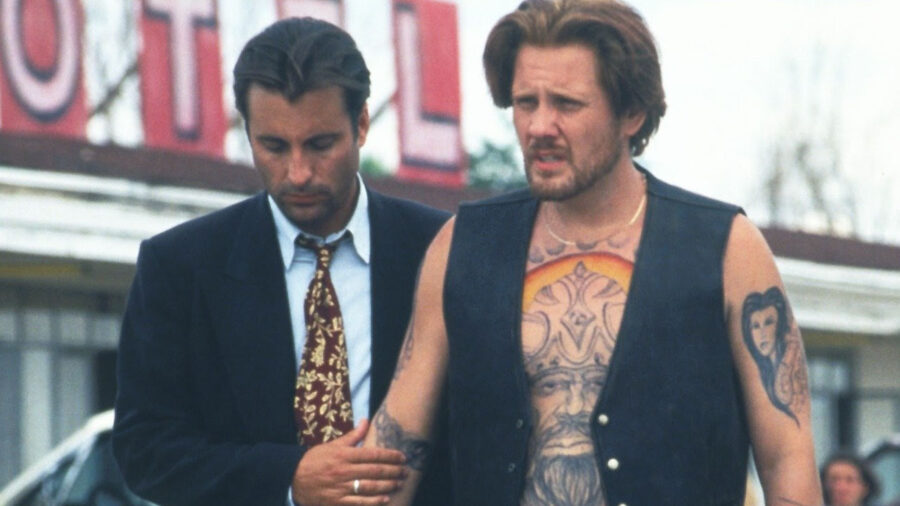
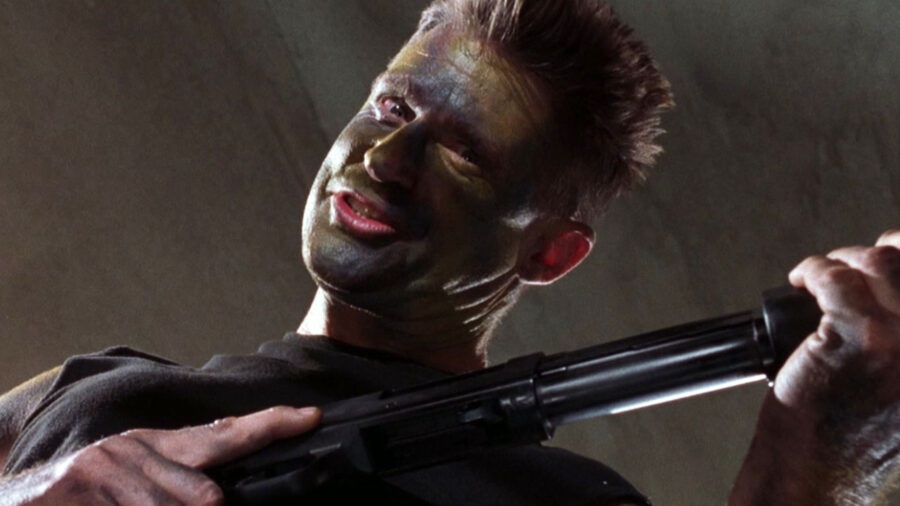
Once the job gets completely botched, Things to Do in Denver When You’re Dead‘s plot shifts to one of survival. Justifiably angry, The Man With The Plan informs Jimmy that he’ll let him live so long as he leaves Denver for good. Jimmy’s friends, Easy Wind, Pieces, Big Bear Franchise, and Critical Bill, however, will be assassinated by notorious hitman Mr. Shhh (Steve Buscemi).
Jimmy, who wanted so desperately to leave his life of crime behind, now feels an obligation to protect his friends, even though his own life will now hang in the balance.
Upon its release, Things to Do in Denver When You’re Dead received a healthy amount of criticism for being a Quentin Tarantino ripoff. While Roger Ebert suggested that the film’s dialogue was reminiscent of films like Reservoir Dogs and Pulp Fiction, his review revealed that Scott Rosenberg likely wrote the screenplay before Reservoir Dogs ever saw the light of day. Suggesting that both Tarantino and Rosenberg were inspired by 1940s noir movies, Ebert attributes the similarities in dialogue to parallel thought rather than one filmmaker ripping off another.
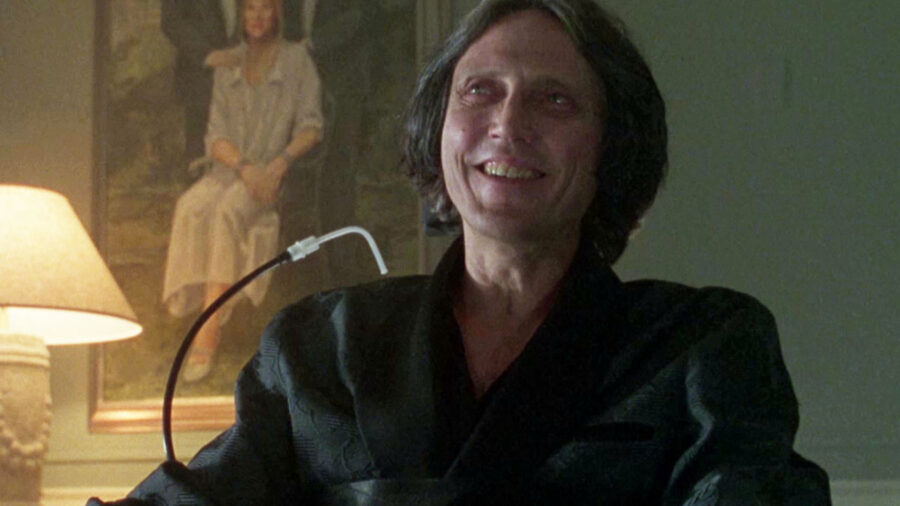
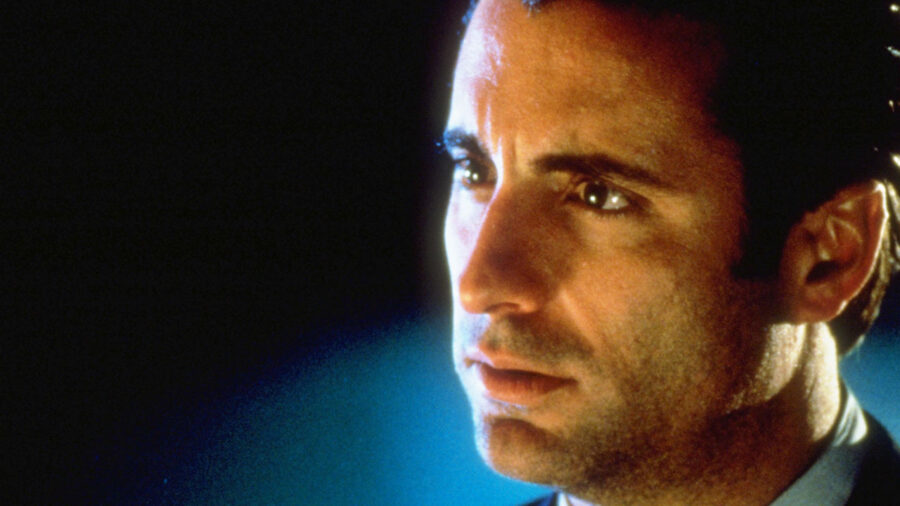

But since the connection between Things to Do in Denver When You’re Dead and Quentin Tarantino was already established by a number of other critics, the film failed critically and commercially. Earning only $529,677 at the box office against its reported budget of $8 million, the film never had a chance to be a commercial hit.
Critical speaking, Things to Do in Denver When You’re Dead fared no better. But here’s where it gets interesting. Though this supposed Tarantino knockoff garnered a 37 percent critical score across 30 reviews on Rotten Tomatoes, audiences loved it.
Earning a 72 percent audience score across over 10,000 ratings, Things to Do in Denver When You’re Dead was surprisingly well-received by moviegoers. Many of the positive reviews suggested that Quentin Tarantino wasn’t the only filmmaker at the time who was making frenetic, fast-talking crime movies at the time. In other words, even though Tarantino’s films were among the best in this genre, he wasn’t the only one making them by any stretch of the imagination.
That is to say, Things to Do in Denver When You’re Dead didn’t reinvent the genre, and most movies don’t. The same can be said for contemporary Western music when you consider the fact that there are only 12 possible notes to use. When you combine what’s popular with the language that falls within the genre’s constructs, there’s bound to be some overlap, stylistically speaking.
Things to Do in Denver When You’re Dead is a solid crime film boasting an ensemble cast that knew the assignment. If you decide to skip over this one because of the negative critic reviews, you may want to listen to the audience on this one. A great film doesn’t necessarily have to reinvent the wheel if the one that’s spinning still gets you to a desirable destination.












